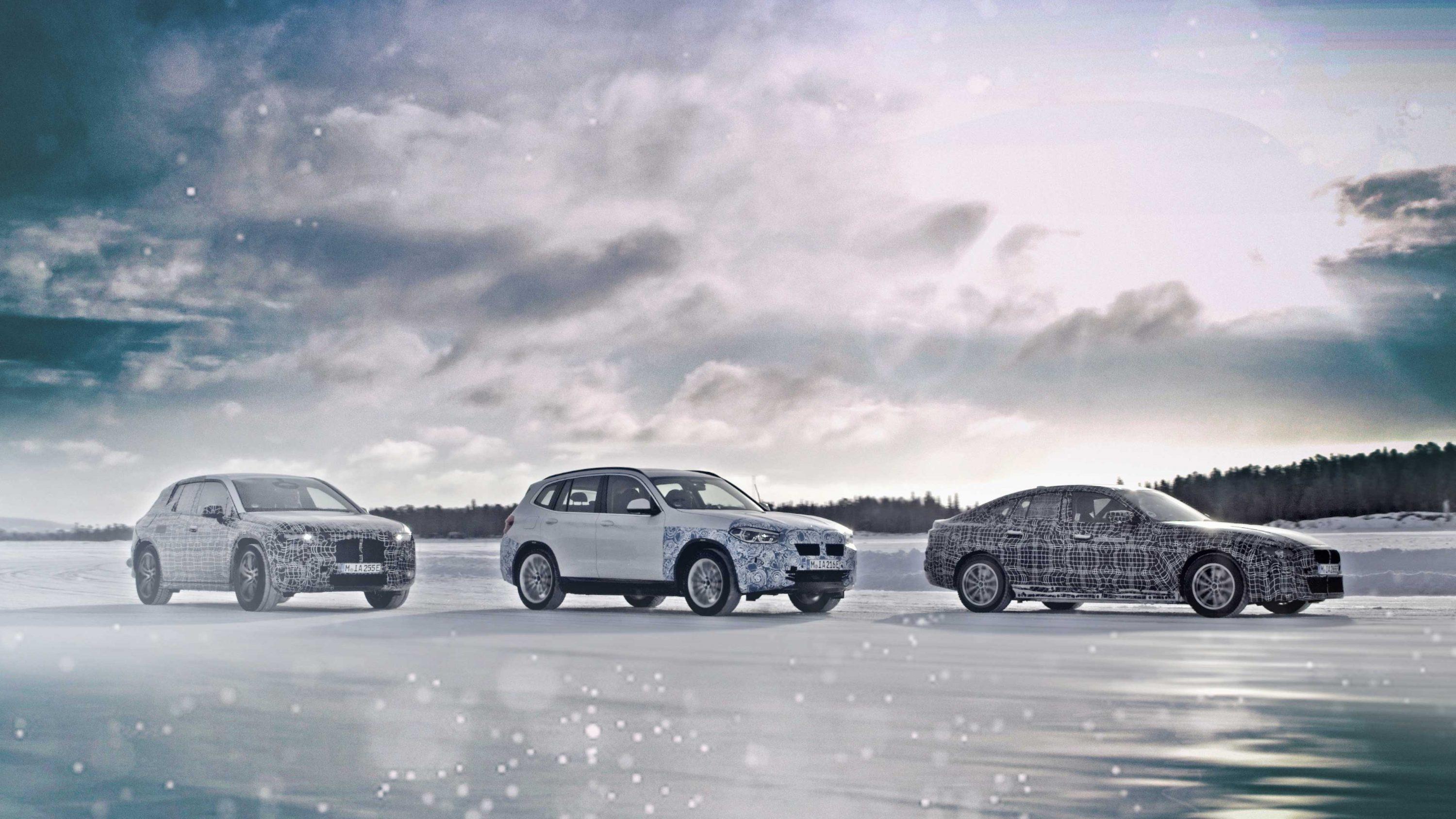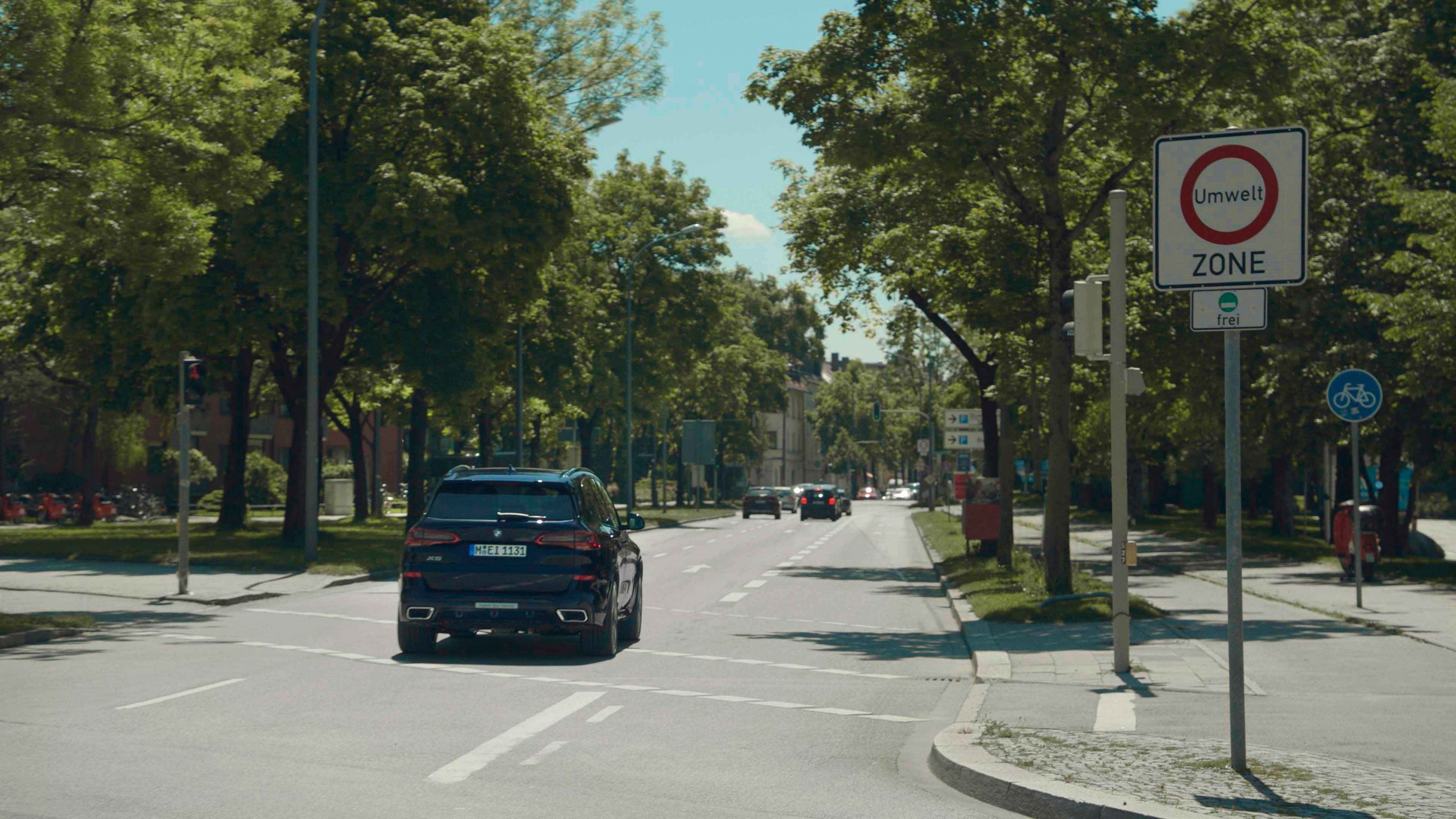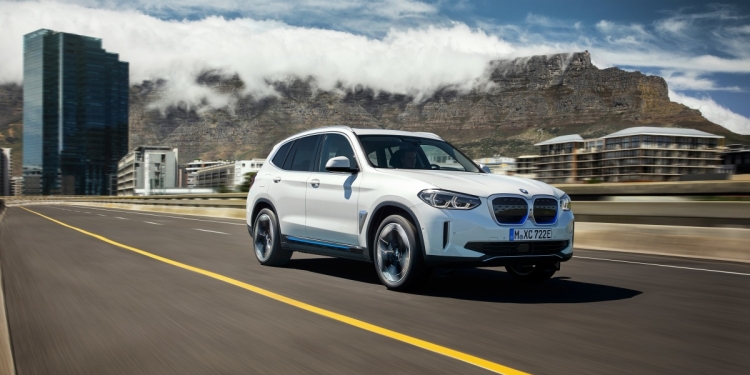BMW announced that it will be developing all-electric versions of its most popular cars as it renewed its commitment to reduce its overall emissions. The company said it will have 25 electrified models on the roads by 2023 by which half of them are to be fully electric.
Under BMW’s new strategy, it aims to introduce five fully-electric vehicles by the end of 2021: the BMW i3, Mini Cooper SE, BMW iX3, BMW iNext (hinted to be similar to the X5) and BMW i4.
It also plans to introduce all-electric versions of its BMW 7 Series sedans, its flagship which will feature four different drive technologies: one with a diesel or petrol engine with 48-volt technology, an electrified plug-in hybrid or as a fully-electric BEV model for the first time.
Beyond the flashy BMW 7 Series, the automaker also talked about introducing electric variants of its BMW X1 and BMW 5 Series.

Just to be clear, BMW isn’t pivoting away completely from its traditional business of cars. It will still make gas-powered, mild hybrid or plug-in hybrid vehicles. The company said it is trying to reduce the average amount of CO2 its vehicles produce by at least a third over by 2030.
BMW said its goal is to have a total of more than 7 million “electrified” BMW Group vehicles (including from its Mini subsidiary) on the road, of which 4.6 million will be all-electric. Presently, BMW is selling 2.5 million vehicles a year.
Some wonder why BMW is making such a big push for EVs. Though the company was once one of the pioneers in the EV space but opted to focus more on internal combustion engine cars. This has resulted in it losing market share and paved the way for companies like Tesla.

Reuters points out that the motif behind BMW’s strategy is due to stricter emissions regulations in Europe from 2018. Back then, European lawmakers ordered automakers to cut CO2 emissions from vehicles by 37.5% by 2023. It is a drastic decrease that forces brands to make dramatic changes in their lineup.
BMW currently has a few plug-in hybrid models such as the i8, X3, xDrive30e, X5 xDrive45e, 330e, 550e and 745e xDrive.
Of course, BMW is not the only automaker that needs to conform to these new regulations. Mercedes-Benz which currently only offers plug-in hybrid options though it intends to introduce its all-electric EQC SUV. Audi also offers electrified variants of its Q5, A8 and A7. Lexus has several hybrid models like its LS, LC, RX, NX, UX and ES but it currently does not have any all-electric vehicles.
[SOURCE]








